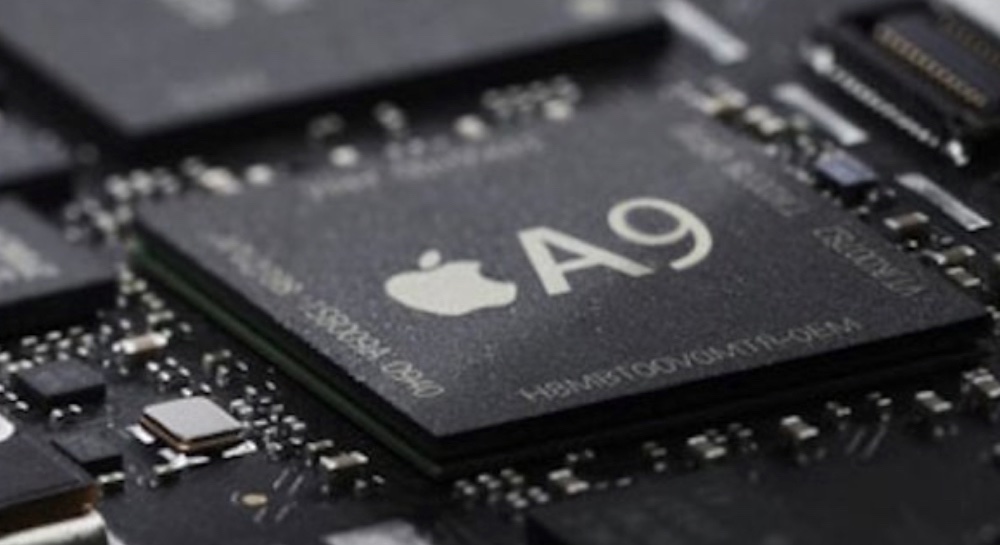A Wisconsin federal court judge has Apple must pay $234.3 million in damages for infringing on a computer processor patent by the Wisconsin Alumni Research Foundation (WARF).
U.S. District Court Judge William M. Conley agreed with a jury’s finding that Apple infringed on six claims of a patent with its A7 and A8 system-on-chip designs, notes AppleInsider. The judge dismissed Apple’s motions for judgment as a matter of law on liability, literal infringement claims and damages. On the bright side for Apple, the jury didn’t find find Apple to have willfully infringed on the patent, so WARF’s bid to significantly enhance damages seems nixed, notes AppleInsider.

In early 2013, the Wisconsin Alumni Research Foundation filed a lawsuit saying that Apple’s A7 processor (which is now up to version A9) infringed a university-developed patent that improves “the efficiency and performance of contemporary computer processors.
The patent (number 5,781,752) is for a “table based data speculation circuit for a parallel processing computer.” Here’s the patent summary: “A predictor circuit permits advanced execution of instructions depending for their data on previous instructions by predicting such dependencies based on previous mis-speculations detected at the final stages of processing. Synchronization of dependent instructions is provided by a table creating entries for each instance of potential dependency. Table entries are created and deleted dynamically to limit total memory requirements.”
In 2013, Apple was accused of implementing the patent’s technology in the company’s 64-bit A7 processor that powers the iPhone 5s, iPad Air, and iPad mini with Retina display. The complaint alleged that Apple was aware of the patent’s existence because it is cited in several newer patents issued to the Cupertino, Calif. company.
